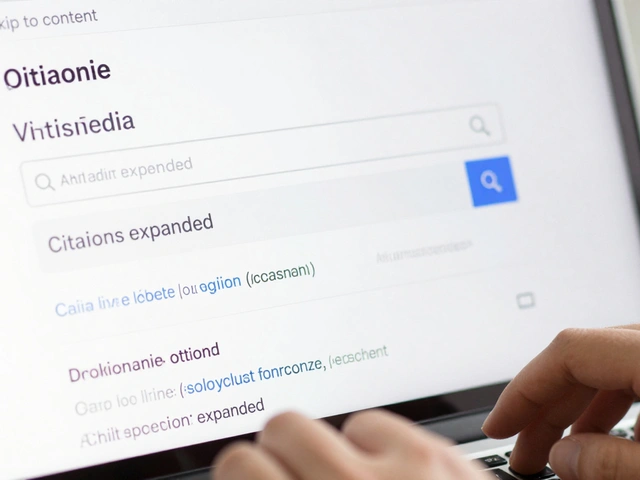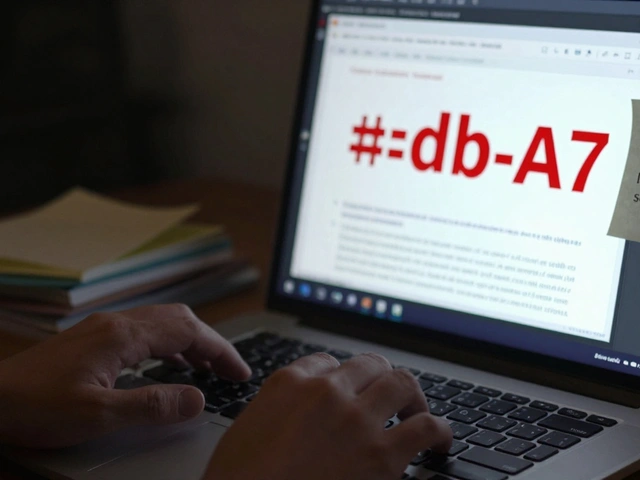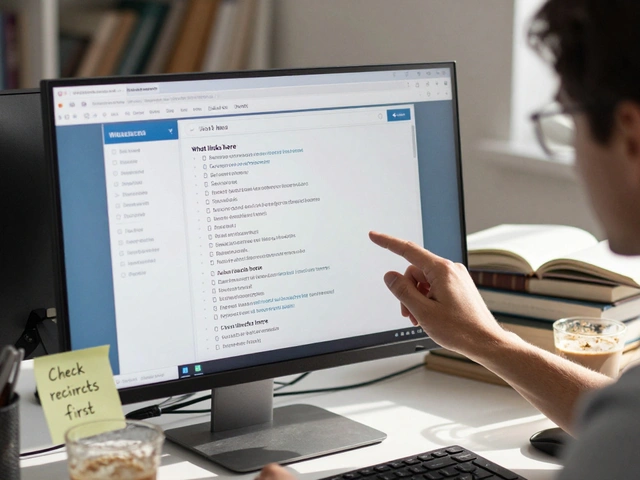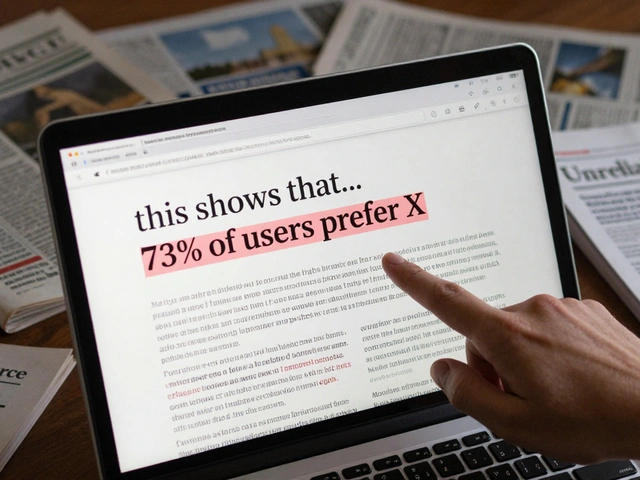Community Survey Results: What Wikipedia Editors Really Think
When you think of Wikipedia, you might picture a quiet library where facts are quietly added. But behind the scenes, it’s a living, arguing, voting, and sometimes fighting community. The community survey results, annual and ad-hoc polls conducted by the Wikimedia Foundation and volunteer groups to understand editor behavior, concerns, and priorities. Also known as editor feedback surveys, these results are the closest thing Wikipedia has to a heartbeat. They don’t just track how many people edit—they show who’s leaving, why, and what’s breaking their trust in the system.
These surveys don’t just ask, "Do you like Wikipedia?" They dig into real pain points: Is the arbitration process fair? Do women and non-Western editors feel welcome? Are bots helping or just replacing human judgment? One 2023 survey found that over 60% of long-term editors felt their contributions were dismissed if they weren’t part of a tight-knit group. That’s not just frustration—it’s systemic erosion. And it’s not just about numbers. The Wikipedia editors, volunteers who create, edit, and defend content on Wikipedia, often without pay or recognition are the ones who actually keep the site alive. When surveys show a drop in new editors from Africa or Southeast Asia, it’s not a statistic—it’s a gap in global knowledge. The Wikimedia Foundation, the nonprofit that supports Wikipedia’s infrastructure, staffing, and policy development uses these results to decide where to spend money, who to hire, and which tools to build. But the real power? The surveys give ordinary editors a voice in decisions that used to be made by a handful of admins in a backroom.
What do these results tell us? That safety matters. That bias in notability rules pushes out local stories. That paid editing isn’t just controversial—it’s changing who gets to shape history. And that bots, while efficient, can’t fix a culture of hostility. The editor demographics, the breakdown of Wikipedia contributors by age, gender, geography, and experience level show a platform still dominated by older, male, Western users. The Wikipedia governance, the set of policies, committees, and informal power structures that determine what content stays and who gets banned is under constant pressure to adapt. These surveys are the only real check on that power.
What follows are stories pulled from real editor experiences—some hopeful, some alarming. You’ll see how surveys exposed sockpuppet networks, how they pushed for better tools for women editors, and how one quiet poll led to a major rewrite of the neutrality policy. These aren’t abstract reports. They’re the reason some articles finally got better sourcing, why new editors now get onboarding help, and why safety features are finally being built. This collection doesn’t just report on the surveys—it shows what happened after the numbers were read.
Community Feedback on The Signpost: Survey Results and Reader Insights
Community feedback on The Signpost reveals readers want more global voices, shorter articles, and stories about quiet editors. Survey results show how Wikipedia's newspaper is evolving to better serve its community.





